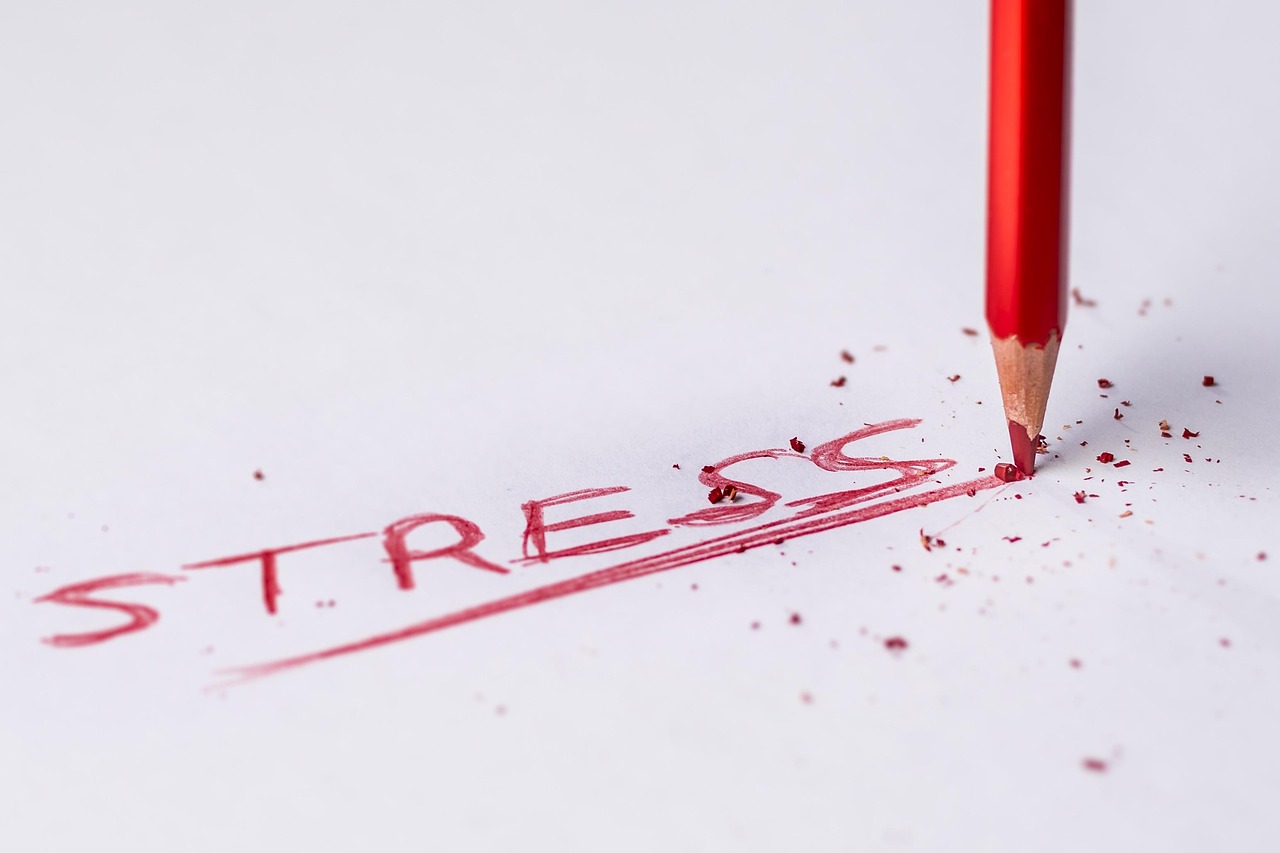Picture a vibrant tapestry woven from threads of laughter, shared moments, and deep connections. This tapestry is more than just a beautiful piece of art—it’s a powerful shield against neurological decline. In a world where brain health is often associated with diet, exercise, and supplements, the surprising potency of social connections as a weapon against cognitive deterioration is gaining recognition. Let’s unravel the intricate ways in which our social lives can help protect our brains.
Imagine your brain as a bustling city, with neurons acting as the residents, buzzing around, communicating, and keeping everything running smoothly. Now, think of social interactions as the lively town square, where people gather to exchange ideas, share stories, and build connections. Just as a vibrant town square can invigorate a city, social connections can energize your brain and keep it functioning optimally.
One of the key ways social connections benefit brain health is by reducing stress. Chronic stress is like a relentless storm that can wreak havoc on your brain, leading to inflammation, shrinking of the hippocampus, and impaired cognitive function. Engaging in meaningful social interactions can help buffer the effects of stress by promoting the release of oxytocin, often called the “love hormone.” Oxytocin helps reduce stress levels, promotes relaxation, and fosters a sense of well-being. It’s like having an umbrella that shields your brain from the stormy effects of stress.
But the benefits of social connections go beyond stress reduction. Engaging in social activities stimulates cognitive function, much like how physical exercise strengthens muscles. Whether it’s a lively debate, a game of chess, or simply catching up with friends, these interactions challenge your brain, keeping it sharp and agile. It’s like giving your brain a workout, helping to build cognitive reserves that can protect against the effects of neurological decline.
Research has shown that strong social ties are associated with a lower risk of dementia and cognitive decline. In fact, studies have found that individuals with robust social networks tend to have better memory and cognitive performance as they age. It’s like having a safety net that supports your brain health and helps you stay mentally resilient.
Let’s not forget the emotional benefits of social connections. Loneliness and isolation can take a toll on mental health, leading to feelings of depression and anxiety. These emotional states can further exacerbate cognitive decline. On the flip side, positive social interactions can boost mood, enhance self-esteem, and provide a sense of purpose. It’s like having a mental health tonic that keeps your emotional well-being in check and supports cognitive function.
So, how can you harness the power of social connections to protect your brain? Start by nurturing your existing relationships and building new ones. Make time for regular catch-ups with friends and family, join clubs or groups that align with your interests, and seek out opportunities to connect with others. Whether it’s a book club, a sports team, or a volunteering group, these social interactions can help keep your brain engaged and healthy.
Technology can also be a valuable tool for maintaining social connections, especially in today’s digital age. Virtual meetups, social media, and online communities can provide a sense of connection and support, even when physical distance separates us. It’s like having a bridge that helps you stay connected to your social network, no matter where you are.
In conclusion, while diet, exercise, and supplements play important roles in brain health, the unexpected weapon of social connection should not be overlooked. By fostering meaningful relationships and engaging in social activities, you can build a strong defense against neurological decline and enjoy a vibrant, connected life. So, go ahead and weave that beautiful tapestry of social connections—it might just be the key to a healthier, sharper mind. 🌐🧠❤️

